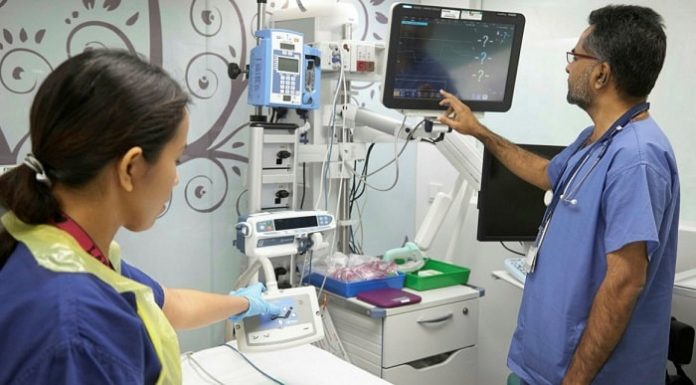The government in England must increase its use of the private sector so as to tackle the NHS backlog.
300,000 individuals have already missed out on their treatment since it called for a greater use of private clinics in January 2022.
The labour party said that it was not justified that the lack of action meant that only those who could afford the treatment were seen on time. The data that’s published by the NHS in England went on to show that major targets to tackle the backlogs in the arena of cancer care as well as routine care were missed. In totality, there are 7.3 million people on the hospital waiting list as of now, which is almost three million more than there were before the pandemic began.
Will Quince, the UK Health Minister, said that the conservatives have almost gone on to eliminate waits of more than 2 years and also eliminated 18-month waits by 91%. He added that the labour politicians were, as a matter of fact, split over the use of the private sector within the NHS, saying that while labour fight within themselves on how to deliver care, conservatives are slashing wait lists and in fact delivering patients.
That said, Wes Steering, Labour’s shadow health secretary, opined that it is absolutely unjust that only those who are capable of spending on private are getting to be treated on time, while others are struggling. According to him, Labour would rather make use of spare capacity within the private vertical to help get patients appointments faster.
He added that if the conversationists had let the ball roll, around 300,000 participants would have gotten treated from the waiting list and gone back to their routine lives.
These figures happen to be based on the fact that the independent sector has gone on to say that it has the capabilities to do more than 30% of the work that it had been doing for the NHS before the pandemic struck. The private sector could have gone on to do 2.1 million treatments, rather than carrying out 1.8 million treatments for the NHS between January 2022 and March 2023.
It requested that the government print the conclusions made by the elective recovery task force, which has been looking to make optimal use of the private sector. Apparently, the task force finished its work in March this year, however, the findings made by it have yet to be published. That said, considering the election rules, the findings may very well not be released in the weeks leading up to the elections.
As per the arrangements that happen to be in place, the private sector goes on to take care of the NHS work at the same rates that are received by the NHS-enlisted hospitals.
This criticism by Labour is surely seen as yet another sign of the party’s new interest in getting the private sector more involved when it comes to NHS care. The two last leaders of the Labour Party, Ed Miliband and James Corbyn, had their election campaigns focused on protecting the NHS in England from getting privatised.
From the late 1990s to the 2000s, stand of the private sector has definitely been expanded in the health service gamut within the new labour government.























